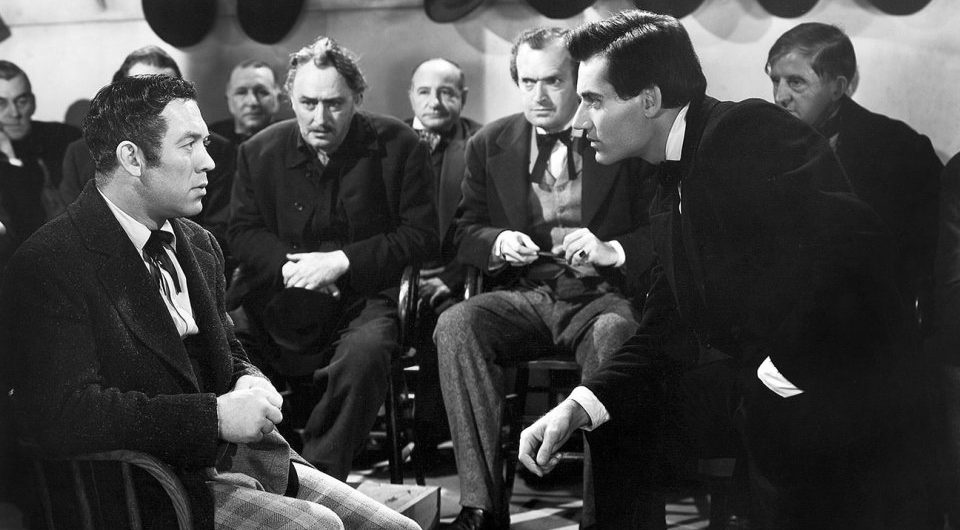Can ODR work without lawyers?
One of the underlying ideas behind ODR is making it so simple that even a layman can go on the website; file his complain; and get his dispute resolved in a hassle free manner. However, can it be so simple in actuality? A perplexing question which has been popping up in all the discussions about ODR is “Where do the lawyers fit in?” While some consider ODR to be self serving and can be carried out without engaging a lawyer, there are some who feel that lawyers are going to be a pertinent part of the process. In this blogpost we discuss how the scenario might pan out in the Indian context. (We’d like to clarify on the outset that we do not have anything against lawyers being a part of this process, except for the sake of ODR being accessible to everyone, it is imperative that their role be minimised)
ODR and Lawyers
In Online Dispute Resolution: Resolving Conflicts in Cyberspace (2001), Ethan Katsh and Janet Rifkinposit “that ODR has three fundamental features: convenience, trust, and expertise“. ODR is meant to be for the masses. Something for people to use in the comfort of their homes. It will fail miserably if it is difficult for the populace to use (Of course, a basic know how of computers is a pre-requisite). An article from the America Bar website states “ODR systems will never be entirely accepted if they are difficult to use or discriminate against certain people from various socioeconomic backgrounds or access to resources (e.g., those with slow Internet connections, outdated computer systems, unreliable supplies of electricity, or restricted access to the Internet).”
The point of ODR is somewhat lost if the aggrieved has to look for a lawyer to file a complaint, even for small value claims (small value claims have been the targeted area for most of the ODR websites around the world). In an ideal scenario, the use of lawyer is to be minimized; but can this really happen in India? We believe it can, provided we have the right mechanisms set up in place.
In Small Causes Court and the Consumer Courts, it is advised the plaintiffs self-represent themselves (Although, a person can represent himself in any Court). The idea behind self representation in Small Causes Court is the value of claims are so low that engaging a lawyer would prove to be costlier than the value of the suit. The Government claims that the Consumer Courts are devised in such a way that the low cost and simplicity would enable a common man to go and fight for his rights himself. However, this rarely happens. Although, there is no documented proof to support this claim, but talk to any lawyer and you’ll get to know that people are grossly reluctant to represent themselves. There are only a handful of people who feel competent enough; everyone else fears they want to ‘make the best case’ of their situation and thus go for a lawyer. A part of this problem can also be attributed to the fact that the process is not as simple as it is claimed to be. Filing of a plaint, submitting a rejoinder etc. is difficult to comprehend for a layman. Even if it isn’t, he is bound to be apprehensive of making a mistake.
Self-Serving ODR
One place where ODR can be self serving without the use of any lawyer is in E-Commerce Disputes. The young, ‘I know my rights’ kind of audience is well suited for ODR. Akosha is one such example which was a huge success in resolving the claims by way of mediation (although it was not mediation in the pure sense). In other areas such as breach of contract, loan repayment, which are not very complex, the need of a lawyer can be done away with. However, in cases involving complex matters, two things can happen: either the parties hire counsel or they can be assisted in the process by the presiding arbitrator/mediator. In fact, this is what the UNCITRAL(the United Nations Commission on International Trade Law) Draft model suggests. A ‘neutral’ individual, appointed by the ODR administrator, (mediator/arbitrator/judge) would be assisting the parties in an impartial manner. An article appearing in the Law Gazette of UK poses this extremely poignant question “The question which is impossible to answer in advance is whether the complicated rules of civil litigation have developed because they are necessary for justice, or useful for lining the pockets of lawyers.” This question can only be answered after ODR does it first run in the country.
With regards to the need of drafting document, the idea is for the form to be so comprehensive that it requires no special skill to fill it. This is not something impossible to achieve and is being done by ODR platforms outside India (Example- peopleclaim.com; Rechtwijzer).
One area where lawyers will play a crucial role would be to for reference. People, faced with a legal problem, run to any lawyer that they can find. Now if the lawyer suggests them against ODR, they are going to have their qualms using this service; however, if the lawyer asks them to go for ODR, they’ll automatically have some trust reposed in the system. And this is highly pragmatic with respect to small civil claims. Appointing a lawyer for a claim which is worth less than Rupees 10,000 does not make any rational sense. Both according to the client and the lawyer. The lawyer’s fees and time is not worth the value of such claims.
Would ODR be able to accomplish what Shakespeare tried doing in Henry VI (Although that was for a different purpose altogether):
” The first thing we do, let’s kill all the lawyers”

